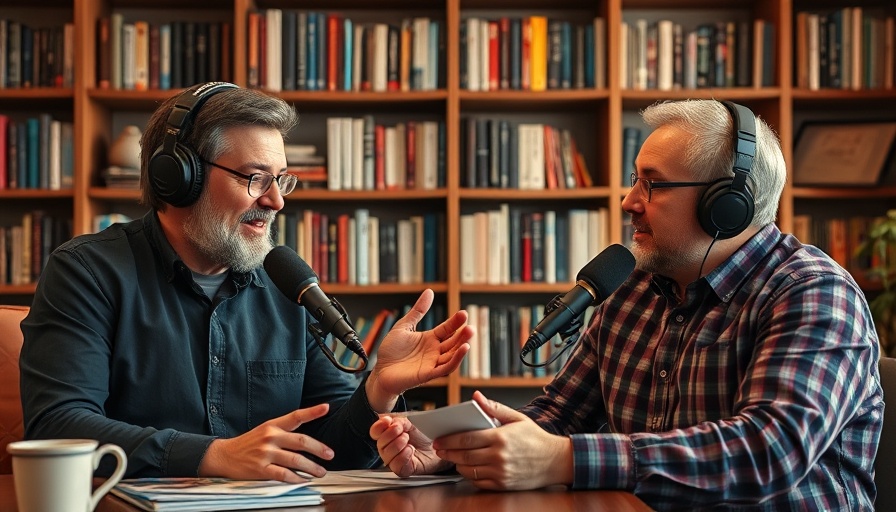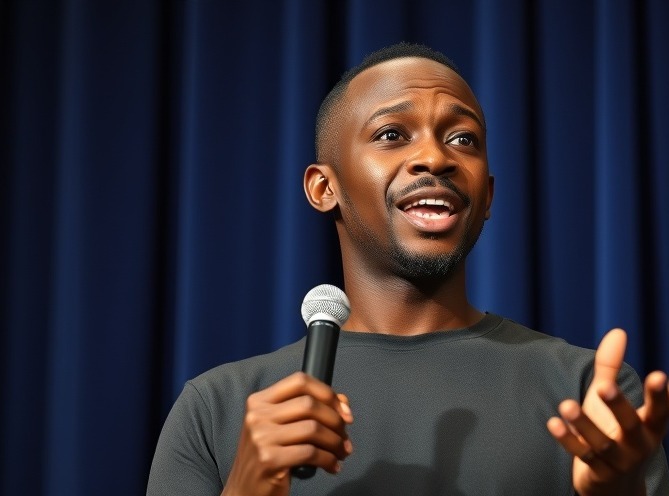
Understanding Trust in an Uncertain World
Trust is more than just a simple belief in the reliability of people or systems; it encompasses a complex relationship with the unknown. In today's world, where technology rapidly evolves and misinformation spreads easily, understanding who or what to trust is increasingly crucial. Rachel Botsman, a scholar from Oxford University, sheds light on the multifaceted nature of trust in her discussions, particularly in her TED podcast episode titled How to Trust in Times of Uncertainty.
In the podcast episode titled How to Trust in Times of Uncertainty, Rachel Botsman discusses the evolving definition of trust in today’s digital world, leading to a deeper analysis of its implications.
How Technology Shapes Our Trust
Rachel asserts that our perceptions of trust have evolved, primarily due to technological advances. We often trust less because we find it challenging to differentiate between human interactions and machine-generated responses. For example, trust in autonomous vehicles necessitates a higher level of confidence in technology than in traditional forms of transportation where human input is prevalent. This shift requires us to reconsider how we define trust, recognizing the interplay between technological capability and our human instincts.
Trust: A Two-Way Street
Trust operates on a reciprocal basis, meaning it involves both giving and receiving. This dual nature creates what Rachel describes as a “catching loop” that fosters deeper human connections. In a world increasingly mediated by technology, we can lose these loops. The implication here is profound; without frequent human interactions and exchanges, we lose something vital that fosters relationships and communities.
The Emotional Dimension of Trust
Rachel highlights vulnerability as integral to building trust. Sharing personal challenges often leads to stronger connections, partially because people can relate to each other's struggles. However, in a digital age where communication often lacks nuance, maintaining these emotional dimensions becomes challenging. Botsman notes that feelings of isolation often stem from a lack of trust, particularly among young people navigating information overflow on social media.
Exhaustion from Filtering Information
This digital environment leads individuals to constantly question the reliability of information they receive, creating cognitive fatigue. The need to filter data from various sources can be overwhelming and stressful. This is especially true for younger generations who often experience anxiety due to the pressure of discerning facts from fiction.
Practicing Intelligent Trust
To foster a more balanced relationship with trust, Rachel encourages individuals to reflect on their motives for believing certain narratives. By challenging our assumptions and seeking out varied perspectives, we can develop a more nuanced understanding of trust. This critical lens not only helps hone our instincts but also empowers us to navigate uncertainty more effectively.
In conclusion, the topic of trust is more relevant today than ever, as we grapple with complex global issues and interactions filtered through technology. Botsman’s insights remind us that although trust is increasingly difficult to navigate, it remains an essential element of our human experience. Trust not only connects us but enables us to cope with the uncertainties of life—especially as we strive to understand each other better in an age of rapid change.
 Add Row
Add Row  Add
Add 




Write A Comment